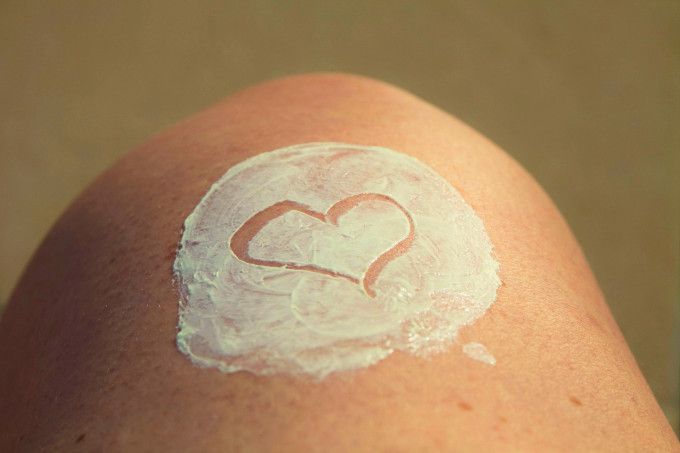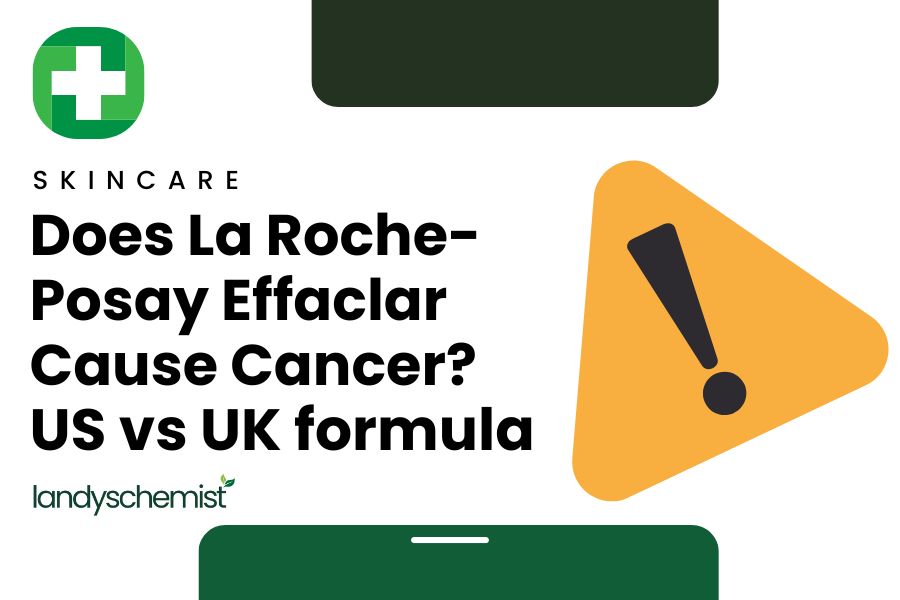
Skin: From The Inside Out – A Nutritional Approach To Skin Health
By Panasha Desai, Pharmacist (GPhC 2071387)
When we have a skin blemish, a spot, or a rash, our knee-jerk response is to reach for a lotion or cream to make it better, or makeup to hide it. But is this the optimal solution to poor skin health?
Skin conditions, such as acne, psoriasis, pruritis (itching without a clear cause), atopic dermatitis (eczema), cellulitis, and melanoma (skin cancer), represent a significant burden to public health worldwide, according to The Global Burden of Disease Study in 2010. Several skin conditions, including fungal skin diseases and acne vulgaris, were even amongst the top 10 most prevalent diseases. They can have a real impact on both our physical and mental health, with a recent paper finding that young adults with severe acne are vulnerable to suicidal thoughts. So, it’s imperative that we collectively find an effective solution.
This article highlights key imbalances in the body, which can negatively affect the skin, and how we can start to tackle them from the ‘inside-out’ using nutrition and lifestyle.
We first need to make sure that our body has all of the nutrients it needs to help our skin heal and keep strong and resilient:
- Vitamin C and zinc are nutrient co-factors for collagen synthesis.
- You can also consume pre-formed collagen from foods such as organic bone broth and supplements containing marine collagen. This can provide extra support for skin health. Some studies have shown that collagen supplementation, especially one that is rich in type 1 collagen peptides, can improve skin elasticity and potentially the appearance of wrinkles too.
- Vitamin A and nucleotides help the body to form new tissue.
- Good fats (especially omega-3 and -6) are needed to maintain the structure of our cell membranes, all of which are vital to skin structure.
- We can further support it by consuming botanicals like rosehip which encourage collagen synthesis, hyaluronic acid which hydrates the skin,, and broad-spectrum antioxidants (e.g. vitamin E), which protect it from oxidative damage, (e.g. upon exposure to sunlight).
A generous daily intake of these nutrients is essential, but we need to go beyond that. We need to assess whether these nutrients are being poorly absorbed or drained from the body, and address these too. For instance:
- Gallbladder issues can reduce our ability to absorb fat and fat-soluble vitamins (e.g. vitamin A)
- A chronic stress response can deplete the body of vitamin C and zinc.
Stress can drive skin conditions in other ways as well, by reducing the time spent in ‘rest and repair’ mode, lowering immunity, and liberating stored glucose into the bloodstream, which can go on to facilitate the growth of bacteria and fungus on the skin. It may be within this context that individuals may be susceptible to spots, thrush, or acne vulgaris, especially if they also have a habit of touching their face too often (which introduces bacteria to the facial skin) and have a high carbohydrate diet.
Supporting fat digestion (e.g. with lipase digestive enzymes), stress management (e.g. with magnesium, lemon balm, meditation), and blood glucose levels (e.g. with chromium, daily exercise, time-restricted eating), can consequently help to improve skin health, by working at a deeper level than standard skin lotions and potions. Indeed, a couple of small scale studies have found that a low glycemic load (GL) diet can help to alleviate acne vulgaris,, and this is certainly what we find in practice, together with a reduced intake of dairy.
Reducing our carbohydrate intake may help to lower the level of androgens (masculinising sex hormones) circulating around the body. This may be beneficial for skin health since high levels of testosterone and its powerful cousin, dihydrotestosterone (DHT), are a common driver of acne vulgaris. We can further support androgen levels with saw palmetto, nettle, and the omega 6 derivative gemma-linolenic acid (GLA), which may slow the conversion of testosterone to DHT by inhibiting the enzyme, 5α reductase.
Alcohol can also drive high androgen levels, so is best minimised for better skin health. There are other reasons too:
- Alcoholic drinks often contain sulphites (e.g. red wine), which many are sensitive to and can cause facial flushing. This, in turn, can exacerbate the signs and symptoms of an existing facial skin conditions such as acne rosacea. A sensitivity to sulphites often stems from a reduced ability to detoxify them via the sulphite oxidase (SUOX) enzyme, driven by variants in the underlying SUOX gene and a low intake of molybdenum.
- A reduced ability to detoxify alcohol, in general, can make an individual even more vulnerable to the negative effect of alcohol on the skin, and the body as a whole. This is often driven by a low intake of the key nutrients needed by the enzymes involved, such as zinc, B2, B3, magnesium, and molybdenum, and their depletion by chronic stress and alcohol itself.
- Last but not least, alcohol adds to our toxic load, especially if detoxification is already impaired from a low intake of cruciferous vegetables (e.g. broccoli) and constipation. The body tries to adapt to this by seeking alternative detoxification routes such as the skin (termed vicarious elimination), but this can increase our risk of spotty skin.
Constipation, coupled with increased intestinal permeability (‘Leaky Gut’), can encourage the recirculation of toxins back into the body, rather than being swiftly eliminated via the bowel. This adds to our toxic load and the chance of vicarious elimination, and also encourages inflammation as the gut becomes hypersensitive to food components. This combination may exacerbate existing skin conditions, especially those associated with chronic inflammation such as the autoimmune condition, psoriasis, and allergic condition, eczema.
Supporting regular bowel movements and a healthy gut lining with well-researched, human strain probiotics, prebiotics, and L-glutamine, coupled with a reduced intake of gluten and lectins, is another key goal when supporting the skin holistically. This is imperative for those with autoimmune and allergic skin conditions since gut dysbiosis and ‘Leaky Gut’ are recognised drivers of the underlying disease processes. Individuals who have been on a frequent courses of antibiotics, even for skin conditions themselves such as acne vulgaris, have a particularly high need for this digestive support.
An ‘inside-out’ approach which tries to identify imbalances in the body which are driving a particular skin symptom or condition, and then addresses these with targeted nutritional and lifestyle support, has the potential to make our skin genuinely better long term, alongside topical support as appropriate.
Reducing our carbohydrate intake may help to lower the level of androgens (masculinising sex hormones) circulating around the body. This may be beneficial for skin health since high levels of testosterone and its powerful cousin, dihydrotestosterone (DHT), are a common driver of acne vulgaris. We can further support androgen levels with saw palmetto, nettle, and the omega 6 derivative gemma-linolenic acid (GLA), which may slow the conversion of testosterone to DHT by inhibiting the enzyme, 5α reductase.
Disclaimer
The products offered are not intended to diagnose, treat, cure, or prevent any illness or disease, or to replace the advice of a medical professional. Results are not guaranteed and may vary from individual to individual.




